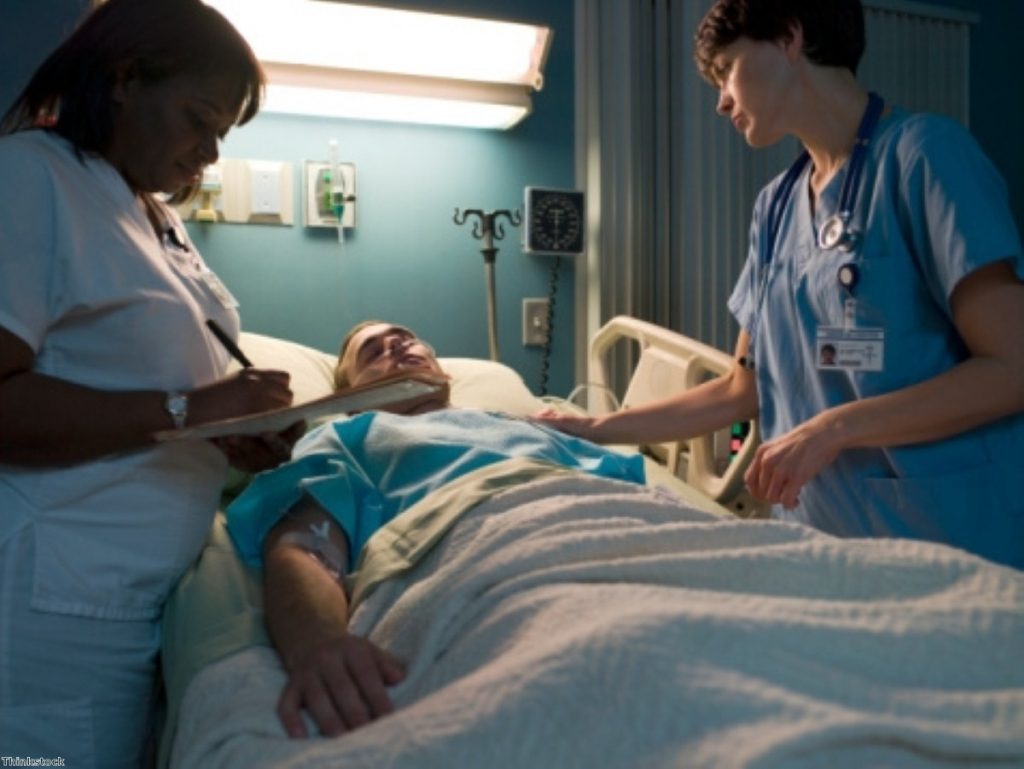How government policy can help give people a ‘good death’
By Lynda Thomas
A series of reports and reviews have highlighted how the UK's inconsistent and sometimes worryingly ad hoc approach to end of life care is currently failing.
We know that many people with cancer have trouble accessing end-of-life social care at home. Research commissioned by Macmillan released this week showed that nearly half (44%) of people with terminal cancer rely solely on family and friends for practical support. Seven in 10 of those who felt they didn't have enough support had to go to hospital as part of an unplanned or emergency visit.
The distress of people spending their final days in hospital because of a lack of support at home is not something we should tolerate.
The Choice Review, published in February, recognised this problem and among other measures recommended that people’s end of life preferences are recorded so that staff across the health and social care systems know of people's choices. It also highlighted the need for fast and free access to social care to enable those who wish to stay at home to do so.
The political world has recognised that change needs to happen, with all three major parties making commitments in their general election manifestos to improve end of life care. At Macmillan’s Question time last week, the issue of choice at end of life was a key question put to MPs in parliament. Politicians of all stripes on the panel agreed that it has to be addressed. What we now need is for this collective goodwill and recognition of effective solutions to be transformed into action.

The Choice Review also recommends further investment in palliative care to ensure people at the end of life get the right care for them as individuals. The Treasury must fund this recommendation in November’s comprehensive spending review – without it progress will stall. And funding improvements in palliative care fit perfectly with the present emphasis on financial prudence. The logic is irrefutable. When 73% of people with cancer would prefer to die at home, as the 2013 National Survey of Bereaved People shows, but only 30% are able to, it makes sense for them to be supported to do so. If you invest in measures that enable this, the chance of people at the end of life ending up in an already overstretched A&E department are greatly diminished.
People must be supported to have a 'good' death, whatever the setting. We cannot have people in their hour of need falling through the gaps because health and social care is not coordinated. The simple fact is that a lack of investment at this crucial stage will echo in the final hours of many people. Our government cannot let this happen.
Lynda Thomas is the chief executive of Macmillan Cancer Support
The opinions in Politics.co.uk's Comment and Analysis section are those of the author and are no reflection of the views of the website or its owners.





-01.png)